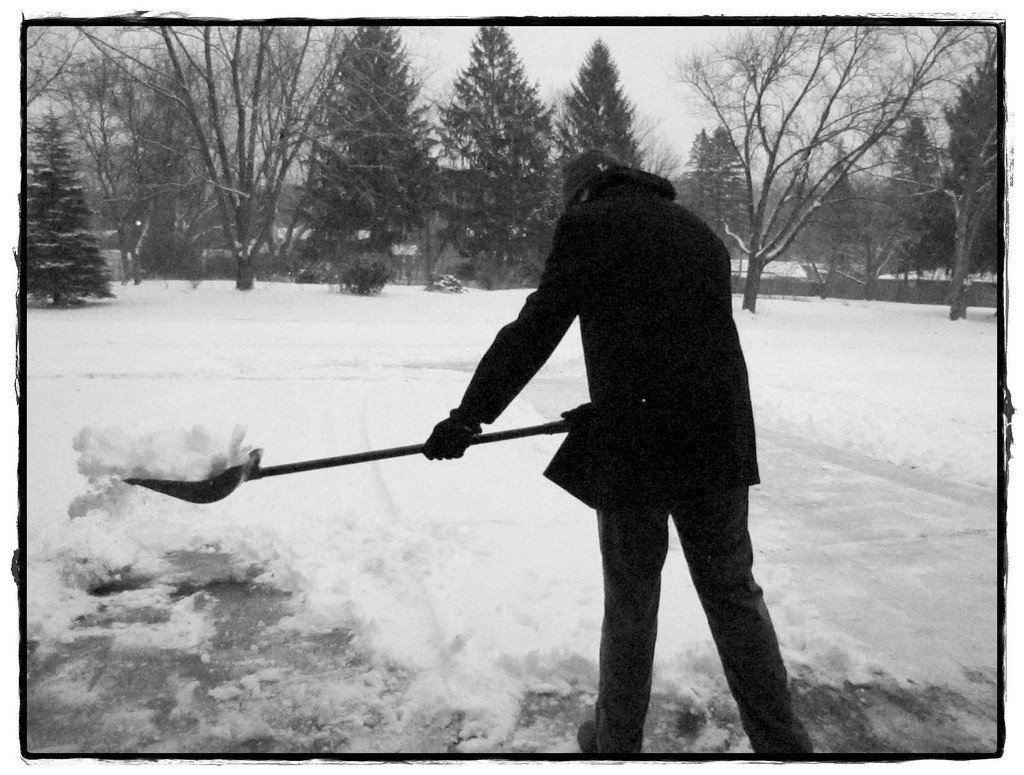Shoveling places a lot of stress on your heart and lower back. The reason it can be so hard on your heart is because snow is heavy, and if you’re moving lots of it, your heart is working overtime—think of it like a really grueling workout. Top that off with cold weather, which can increase heart rate and blood pressure, and you’ve got a recipe for disaster.
Your lower back is at risk for injury for a few reasons: heavy loads, improper lifting, and twisting or turning. There’s a right and a wrong way to shovel snow, just like there’s a right and a wrong way to lift weights.
This winter, protect your heart and lower back with these tips for safe snow shoveling.
- Talk to your doctor. If you have a history of heart disease, it’s a good idea to speak with your doctor before grabbing a shovel.
- Warm up. Think of shoveling like a workout or a run, you should warm up your body before jumping right in. Do some static stretching, like touching your toes and twisting side-to-side, before heading out.
- Push, don’t lift. Most people want to pick the snow up and toss it. However, whenever possible, you should push the snow with your shovel instead of lift it.
- Lift with your legs. Not your back! Bend at your knees and lift the snow using your legs and hips instead of your lower back. This will reduce the amount of strain on your back and potential for injury. This video does a good job of teaching proper lifting technique.
- Lighten your load. To give your body a break, use a smaller shovel or only fill your shovel partially full. This will lighten the load and make it easier on your low back and heart.
- Take breaks. If you’re feeling fatigued or sore, take a break or recruit some help from family or friends.
- Stay hydrated. You might not realize it, but you’re probably sweating quite a bit—shoveling snow is hard work! Take regular breaks to drink fresh water and rehydrate.
- Wear layers. Dress in multiple layers to stay warm and peel them off if you get too hot.
Protect yourself this winter by using these tips and techniques next time you head out to shovel. And if you do find yourself with a sore back, you know who to call.

